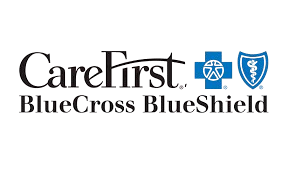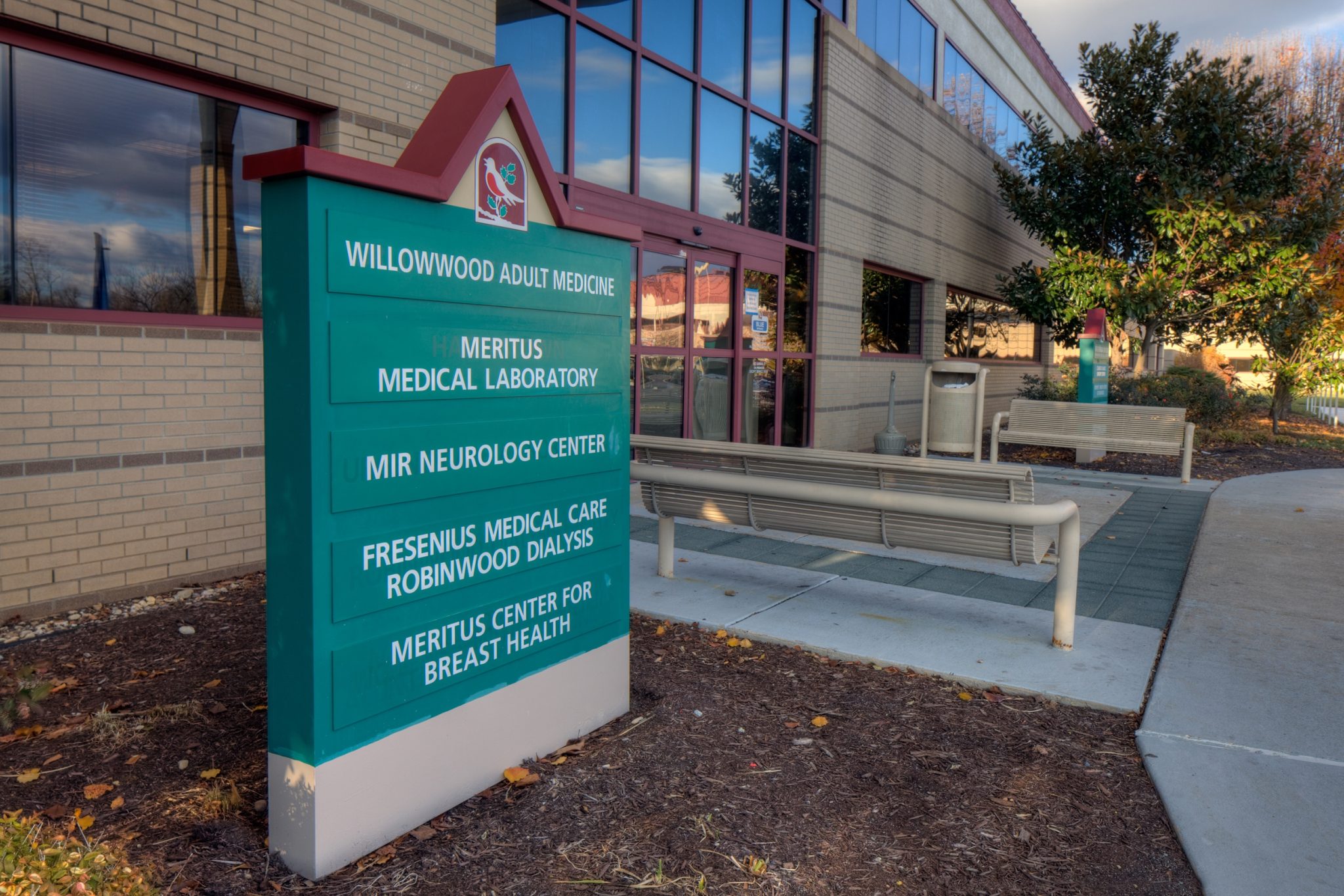We're Hiring! Join Our Team as a Nurse Practitioner - Apply Now. to Make a Difference in Patient Care!
Cognitive Disorders

Cognitive Disorder Diagnosis and Treatment Services
Cognitive disorders are a group of conditions that primarily affect memory, learning, perception, and problem-solving abilities. These disorders can significantly impact a person’s ability to carry out daily tasks and can result in challenges in social, work, and home environments. Cognitive disorders range from mild issues with memory to more severe conditions such as dementia. Early diagnosis and effective treatment are key to managing the symptoms and improving the quality of life for individuals with cognitive disorders.
At our clinic, we specialize in the diagnosis, treatment, and management of cognitive disorders. Our team of experienced neurologists, psychologists, and therapists work together to provide a comprehensive approach to care, helping patients and their families navigate the complexities of these conditions.
What are Cognitive Disorders?
Cognitive disorders involve deficits in the mental processes that allow us to think, learn, and remember. These deficits can affect a range of cognitive functions, including memory, attention, reasoning, and problem-solving. Cognitive disorders are typically divided into two categories:
- Mild Cognitive Impairment (MCI): MCI refers to a noticeable decline in cognitive abilities, such as memory or thinking skills, that is greater than expected for a person’s age but not severe enough to interfere significantly with daily life. MCI may or may not progress to more serious conditions, such as dementia.
- Dementia: Dementia is a more severe form of cognitive disorder and involves a decline in cognitive function that is significant enough to interfere with daily life. Alzheimer’s disease is the most common form of dementia, but other types include vascular dementia, Lewy body dementia, and frontotemporal dementia.
Symptoms of Cognitive Disorders
Cognitive disorders manifest through a variety of symptoms, which can vary depending on the severity and type of disorder. Common signs and symptoms include:
- Memory Problems: Difficulty remembering recent events, appointments, or conversations. This may include forgetting the names of close friends or family members.
- Confusion: Individuals may become easily confused, especially in unfamiliar situations, or may lose track of time or their location.
- Language Difficulties: Problems with speaking, understanding, or finding the right words during conversations. This may also involve reading and writing difficulties.
- Difficulty with Decision-Making: Struggling to make decisions, plan activities, or manage day-to-day responsibilities.
- Disorientation: Feeling confused about time, place, or even who people are, which can be especially distressing in more severe cases of dementia.
- Mood Changes: Cognitive disorders can lead to personality changes, including increased irritability, depression, anxiety, or agitation.
- Impaired Judgment: Making poor decisions or showing a lack of judgment, which may lead to safety concerns or poor life choices.
- Difficulty with Concentration: Struggling to focus, follow conversations, or complete tasks without losing attention.
These symptoms can develop gradually or appear suddenly, depending on the underlying condition causing the cognitive impairment.
Causes and Risk Factors for Cognitive Disorders
Cognitive disorders can be caused by a variety of factors, both neurological and environmental. Some common causes and risk factors include:
- Age: The risk of cognitive disorders increases with age, particularly conditions like Alzheimer’s disease and other forms of dementia.
- Genetics: A family history of cognitive disorders, especially Alzheimer’s disease or other dementias, can increase the risk of developing a cognitive disorder.
- Head Injuries: Trauma to the brain, such as from a concussion or more severe head injury, can increase the likelihood of cognitive decline.
- Chronic Health Conditions: Conditions such as high blood pressure, diabetes, and cardiovascular disease can increase the risk of developing cognitive disorders, especially vascular dementia.
- Infections or Inflammation: Certain infections, like meningitis or encephalitis, or inflammation in the brain can contribute to cognitive impairment.
- Mental Health Disorders: Conditions such as depression, anxiety, or chronic stress can cause cognitive difficulties, such as memory loss or trouble concentrating.
- Substance Abuse: Long-term alcohol or drug abuse can damage the brain and lead to cognitive problems.
- Sleep Disorders: Chronic sleep deprivation or conditions like sleep apnea can negatively affect cognitive function over time.
Diagnosing Cognitive Disorders
Accurate diagnosis is the first step in developing an effective treatment plan for cognitive disorders. At our clinic, we utilize a comprehensive approach to diagnose cognitive disorders:
- Medical History and Symptom Review: Our specialists will conduct a thorough evaluation of the patient’s medical history, including family history, lifestyle factors, and specific symptoms.
- Neurological Exam: A physical exam focusing on neurological health can help identify any physical signs that may point to the underlying cause of cognitive decline.
- Cognitive Testing: Standardized cognitive assessments are used to evaluate various cognitive functions, such as memory, attention, problem-solving, and language skills.
- Imaging Studies: Brain imaging techniques, such as Magnetic Resonance Imaging (MRI) or Positron Emission Tomography (PET) scans, may be used to identify structural changes in the brain or detect any underlying neurological conditions.
- Blood Tests: Blood tests may be conducted to rule out metabolic or hormonal imbalances, infections, or nutritional deficiencies that can contribute to cognitive issues.
- Psychological Evaluation: In some cases, a psychological assessment may be necessary to determine if the cognitive symptoms are related to mental health conditions, such as depression or anxiety.
Treatment for Cognitive Disorders
Treatment for cognitive disorders depends on the underlying cause, the severity of symptoms, and the individual’s overall health. While some conditions may be reversible or treatable, others may require ongoing management. Common treatment options include:
1. Medications
- Cholinesterase Inhibitors: These medications, such as donepezil and rivastigmine, are commonly used to treat symptoms of Alzheimer’s disease by boosting levels of acetylcholine, a neurotransmitter involved in memory and learning.
- NMDA Antagonists: Memantine is an example of a medication used to regulate the activity of glutamate, another neurotransmitter, which can help improve cognitive function in some forms of dementia.
- Antidepressants and Anxiolytics: For patients with mood swings, anxiety, or depression, medications may be prescribed to help stabilize mood and reduce distress.
2. Cognitive Therapy and Rehabilitation
- Cognitive Behavioral Therapy (CBT): CBT can help individuals manage feelings of anxiety, depression, and stress that may accompany cognitive disorders.
- Cognitive Rehabilitation: This type of therapy aims to improve memory, attention, and other cognitive skills through exercises and mental stimulation.
3. Lifestyle Changes
- Healthy Diet: A balanced diet rich in fruits, vegetables, whole grains, and healthy fats can promote brain health. Omega-3 fatty acids, found in fish, are especially important for cognitive function.
- Physical Activity: Regular exercise is associated with better cognitive function, and staying active can help improve blood flow to the brain.
- Mental Stimulation: Activities like puzzles, reading, or learning new skills can help stimulate the brain and may slow cognitive decline.
- Social Engagement: Staying socially active can help maintain cognitive abilities and reduce the risk of isolation and depression.
4. Supportive Care
- Family Support: Support from loved ones is crucial for managing cognitive disorders. Our team offers guidance to families to help them better understand the challenges associated with the condition.
- Caregiver Training: For individuals with more advanced cognitive decline, caregiver training can help ensure that loved ones are equipped to provide proper care.
Why Choose Our Cognitive Disorder Services?
- Expert Care: Our team of neurologists, psychologists, and therapists specializes in cognitive disorders and offers comprehensive care tailored to each patient’s needs.
- Comprehensive Diagnosis: We provide thorough diagnostic testing, ensuring an accurate diagnosis and appropriate treatment plan.
- Personalized Treatment Plans: We create customized treatment plans based on the patient’s specific condition, symptoms, and preferences.
- Supportive Environment: We offer emotional support for both patients and families, helping you navigate the challenges of living with a cognitive disorder.
Contact Us Today
If you or a loved one is experiencing symptoms of a cognitive disorder, contact our clinic to schedule a consultation. Our compassionate team is here to help you manage the condition and improve your quality of life.

























